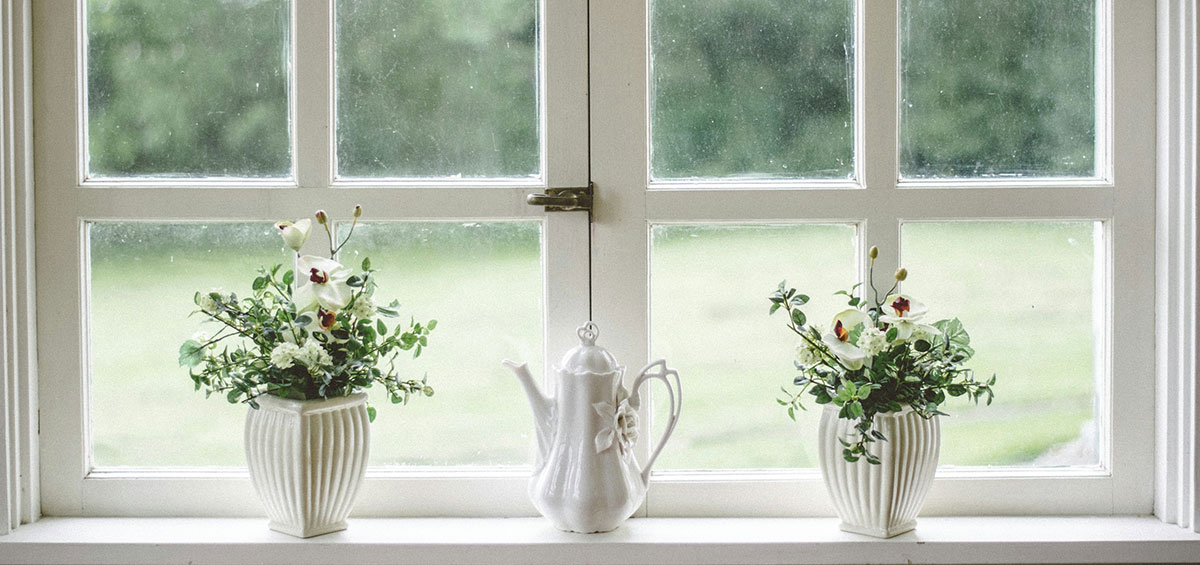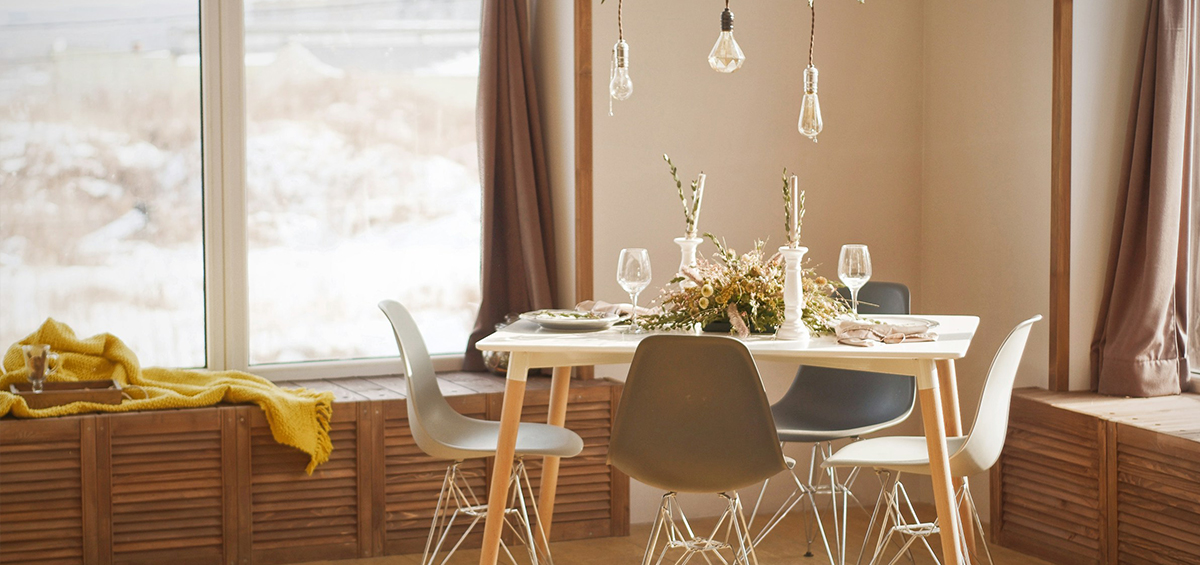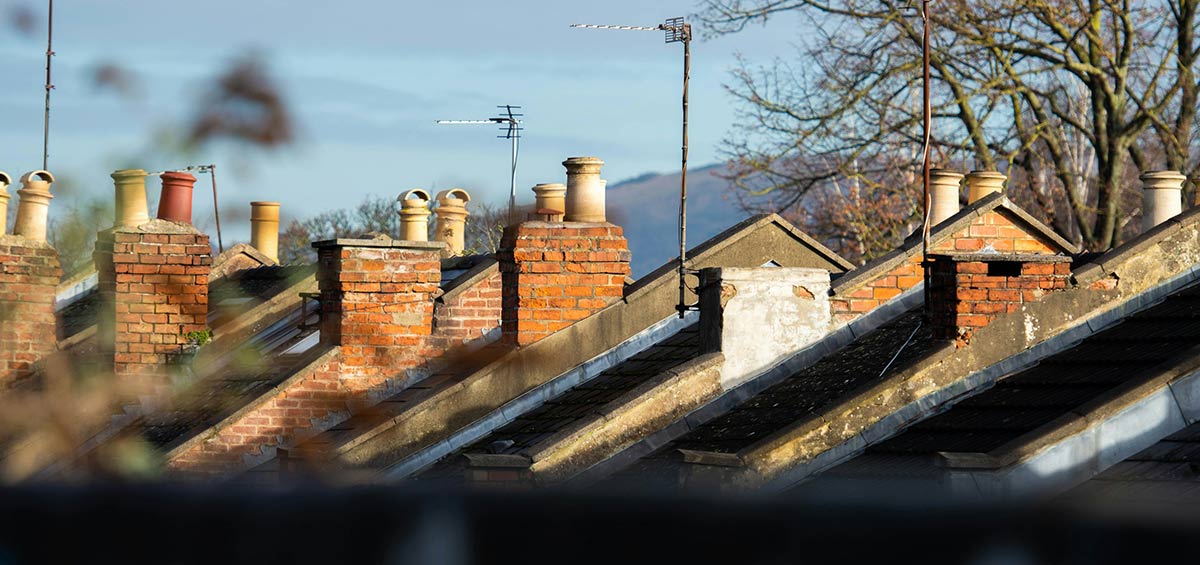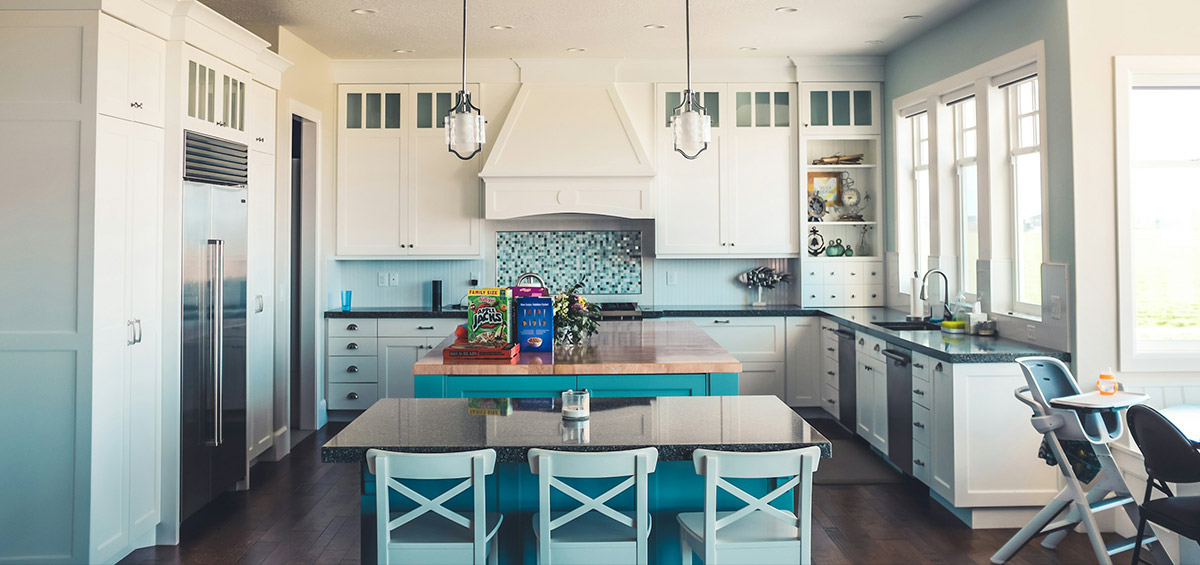What to ask when viewing a house?
To make an informed decision, ask key questions during your property viewing. Here are some useful questions to guide your conversation with the estate agent:
- Why is the seller moving? Understanding the seller’s motivations can provide insight for negotiations and highlight any potential issues, such as noisy neighbours or high running costs.
- How long has the property been on the market? A property that has been on the market for a long time could indicate issues, such as being overpriced or having unresolved problems. It might also suggest there’s room to negotiate.
- What are the ongoing costs? Inquire about council tax, utility bills, ground rent, and service charges. This information will give you a clearer picture of the property’s running costs.
- Is the property a listed building or in a conservation area? If the property is a listed building or in a conservation area, there may be restrictions on the changes you can make. Ensure you understand any legal obligations or limitations before making a purchase.
Viewing tips
- Take your time: A first viewing can be overwhelming, and it’s easy to feel pressured to make quick decisions, especially with limited house viewing slots. While it’s important to stay within the allotted time, try not to rush. Time scarcity can sometimes be used as a sales technique, whether intentionally or not. Being aware of this pressure allows you to take a step back and think things through.
- Take notes and photos: Write down key details and take photos during the viewing so you can review them later. This helps ensure you don’t forget important aspects of the property.
- Bring someone with you: Bringing a friend or family member along can offer a fresh perspective and help you notice details you might overlook. They may spot potential issues or provide helpful feedback on the property.
Set your budget
Before viewing a house, it’s essential to determine how much you are willing to spend on your new home. Consider not only the property price but also additional costs such as solicitor fees, house survey expenses, and, if applicable, stamp duty. Don’t forget to factor in ongoing costs like council tax, building insurance, and utilities.
Finding the right mortgage with your lender is essential. Make sure it fits your financial situation and gives you the best terms possible. Remember, a valuation survey is often required for the lender's benefit to confirm the property's value, and the results may not be shared with you, even if you cover the cost.
Summary
When viewing a house, staying organised and focused is key. A house viewing checklist can be a useful tool for evaluating everything, from the roof’s condition to the number of power sockets in each room. However, don’t feel pressured to cover everything in one visit.
It’s often best to split your viewings into different purposes. On your first visit, focus on your house viewing checklist and thoroughly inspect the property, noting any issues and asking essential questions. After reviewing your observations, if the property still seems like a strong contender, schedule a second viewing.
During the second visit, take a more relaxed approach and imagine yourself living there. Pay attention to the vibe of the property, how the space feels on a day-to-day basis, and whether it aligns with your lifestyle needs.
By splitting the viewings this way, you can reduce decision fatigue and evaluate the property more effectively, ensuring you feel confident and well-informed before making a final decision.






